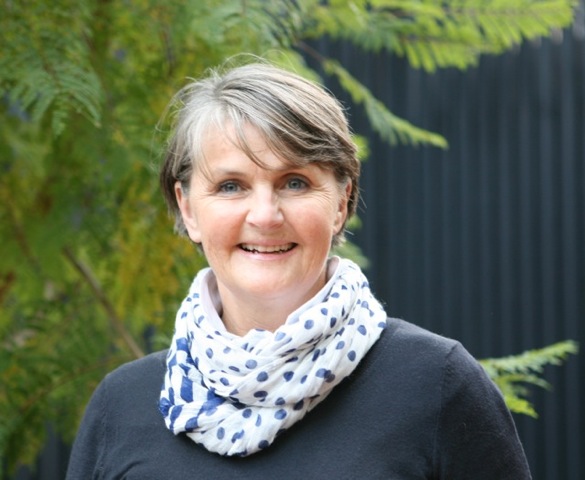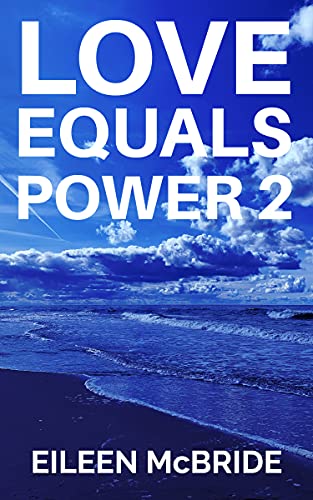Most of us did not get from our parents and family of origin all the things we would have liked. Some of us got things that were problematic for our health and well-being. Others were downright abused and traumatized.
No matter our particular circumstances, most of us spend the rest of our lives searching for the things we didn’t get that we either needed or wanted. We seek out ‘mother’ and/or ‘father’ figures in our relationships, searching for someone out there to feed and nurture our wounded inner child.
But nothing ‘out there’ can do this for us. If we can’t do it for ourselves, it is almost certain that no one else can fill the enormous void that so many of us carry within. When looked at rationally and objectively, we realize it is almost impossible for others to fulfill these expectations and preconditions.
In his book *Reconciliation: Healing the Inner Child *Buddhist monk and international writer and teacher, Thich Nhat Hanh says that we are born with a fear of being left alone coupled with the desire to survive. The tension between these two is at the base of all our unconscious choices:
Fear and desire have the same root. We’re afraid that we will die; that is why we desire. We desire that someone will be there who can help us to survive. We’re hoping every moment for that person to come, to help us, to protect us. We feel that we’re still helpless, that we don’t have the means to survive by ourselves. We need another person. If we look deeply into our desire, we see that every kind of desire we have is a continuation of the original desire. Because we haven’t acknowledged the desire of the child inside, our desire is impossible to satisfy. We want a new relationship, or a new job, or more money. But once we obtain those things, we don’t enjoy them. Desire after desire, we never stop.
So what is the alternative?
The only way we can fill that bottomless pit of desire is to call the wounded inner child to the surface, to call to our conscious mind our inner child, and shower all the love we can on to her/him. Unconditional love is the most healing of all emotions, unconditional in the sense that no matter what has happened or what we feel we may have done, said or thought, we can forgive ourselves, and others, and reintegrate the parts of ourselves that we feel we have lost, to become whole.
I highly recommend Thich Nhat Hanh’s book for this soul work.

